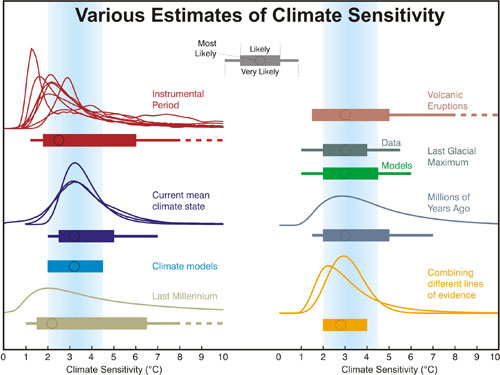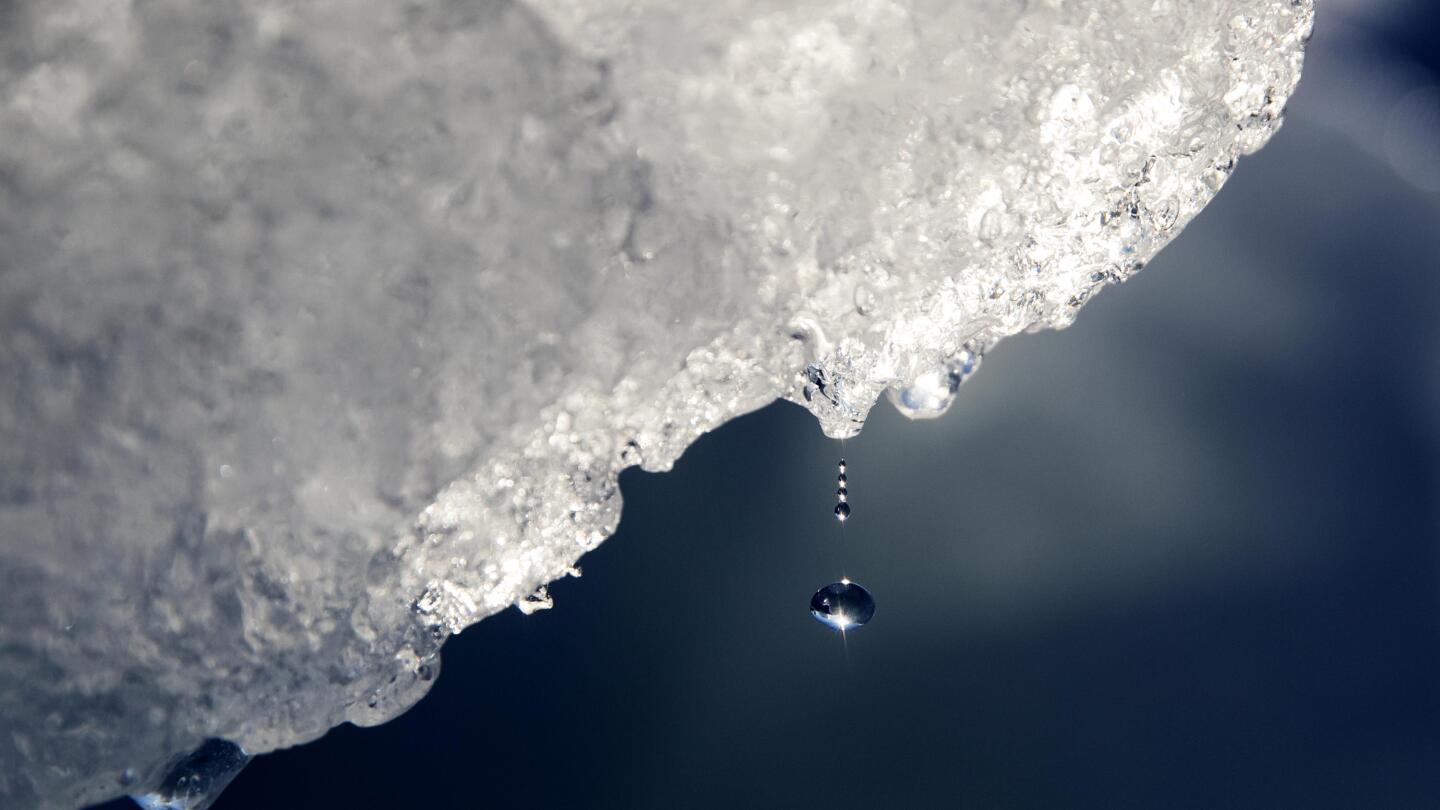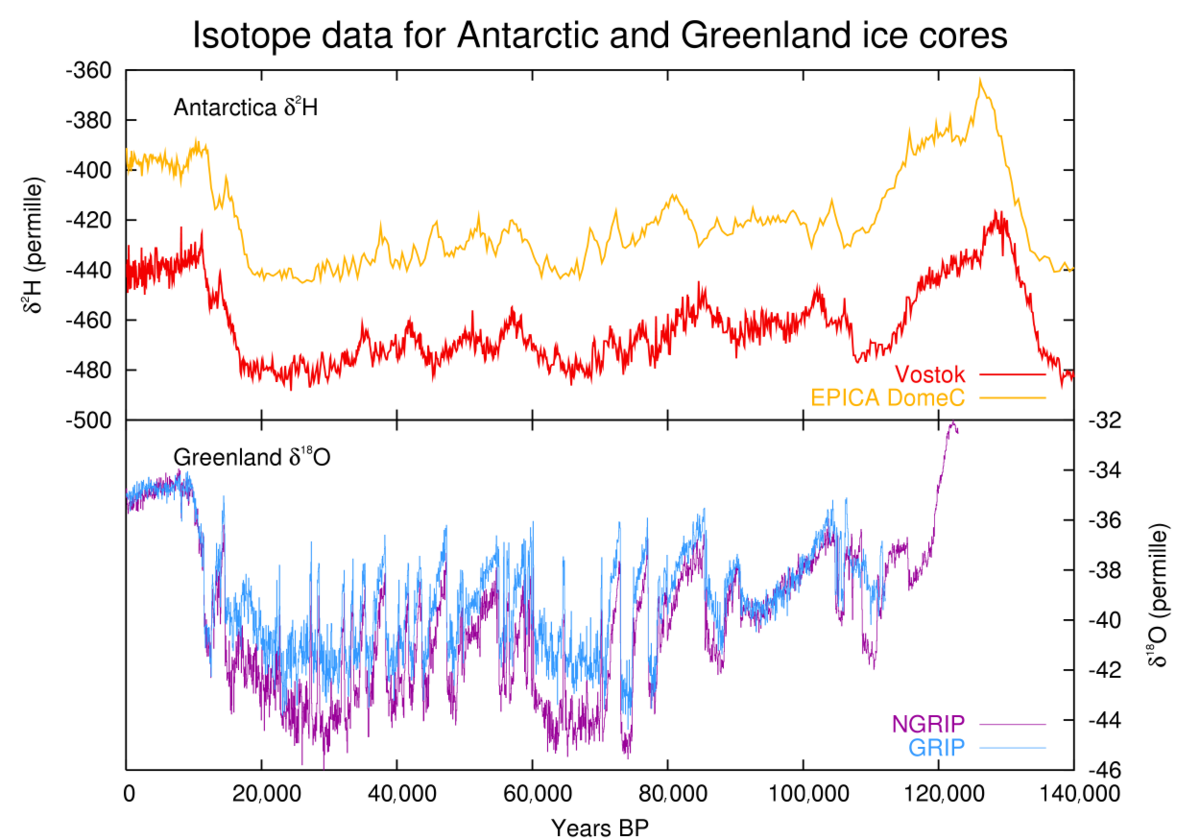- Thread starter
- #41
Yes, the IPCC conducts no research. They do, however, conduct very thorough reviews of the Assessment Report sections before they are published. I stand by my answer, though, as you point out, there are mountains of other published studies of climate issues with very close to unanimously support for the conclusions of the IPCC, which certainly makse sense since that is where the IPCC's conclusions come from.The IPCC is not peer reviewed. It relies on peer reviewed publications from across the field. The IPCC does not do scientific research.
If you don't like the IPCC you, yourself, are free to comb the field and the peer reviewed journals. Would you understand it? Either way, you are not limited to JUST the IPCC.
Mark Landsea or Christopher Landsea? I can't find a "Mark" Landsea that is an expert on hurricanes but I see a LOT from Christopher Landsea.
Landsea apparently told PBS "...we certainly see substantial warming in the ocean and atmosphere over the last several decades on the order of a degree Fahrenheit and I have no doubt a portion of that, at least, is due to greenhouse warming. The question is whether we're seeing any real increases in the hurricane activity."
So it seems the issue was whether this warming (real) resulted in increased hurricane activity. Not necessarily the most resounding take-down of AGW.
No, I believe he stepped down from the panel. There's a difference there.


